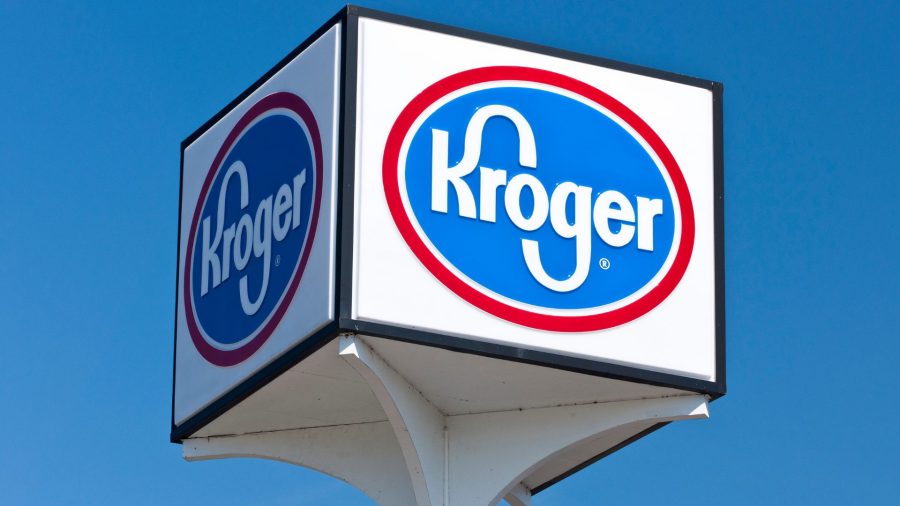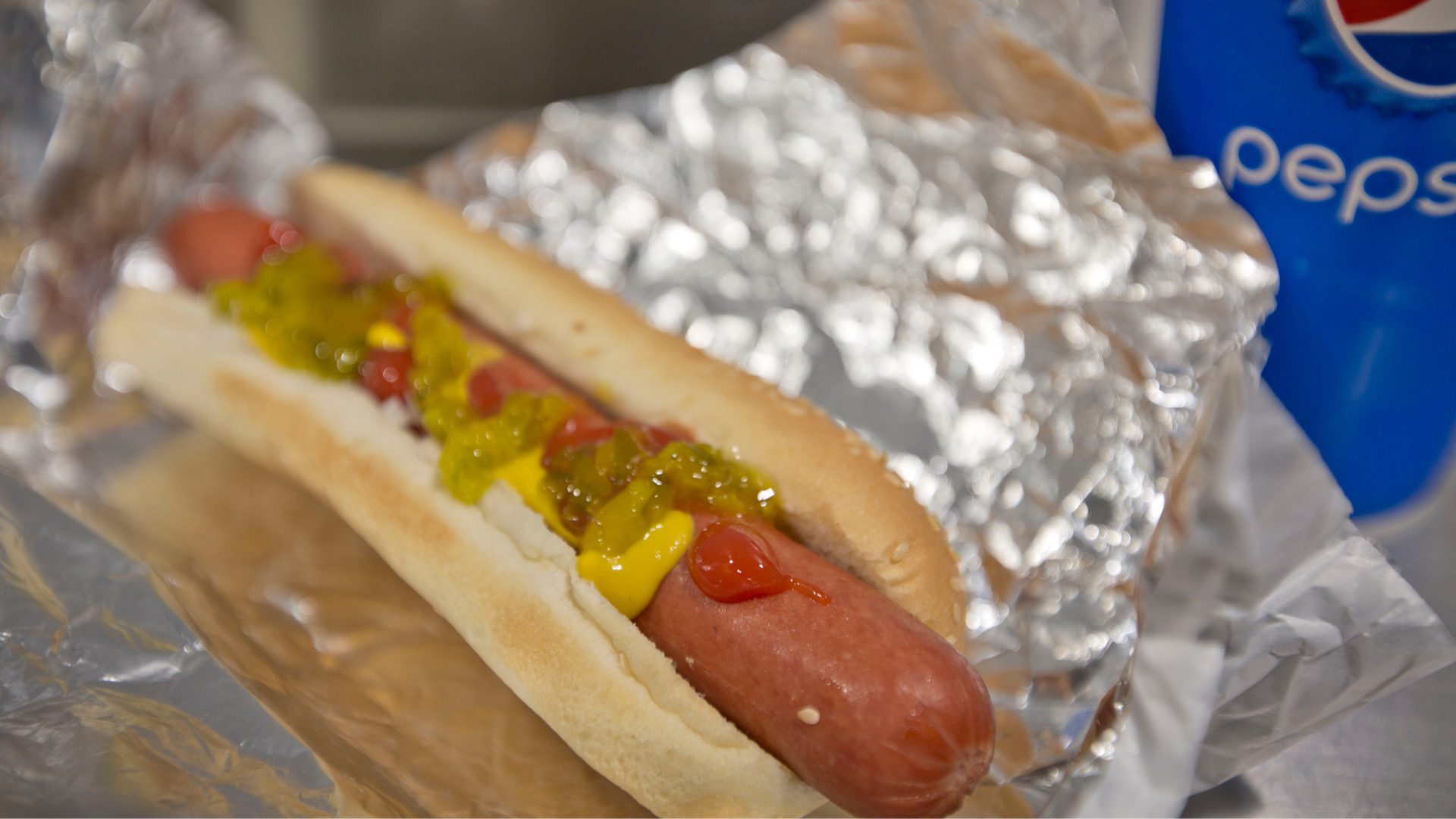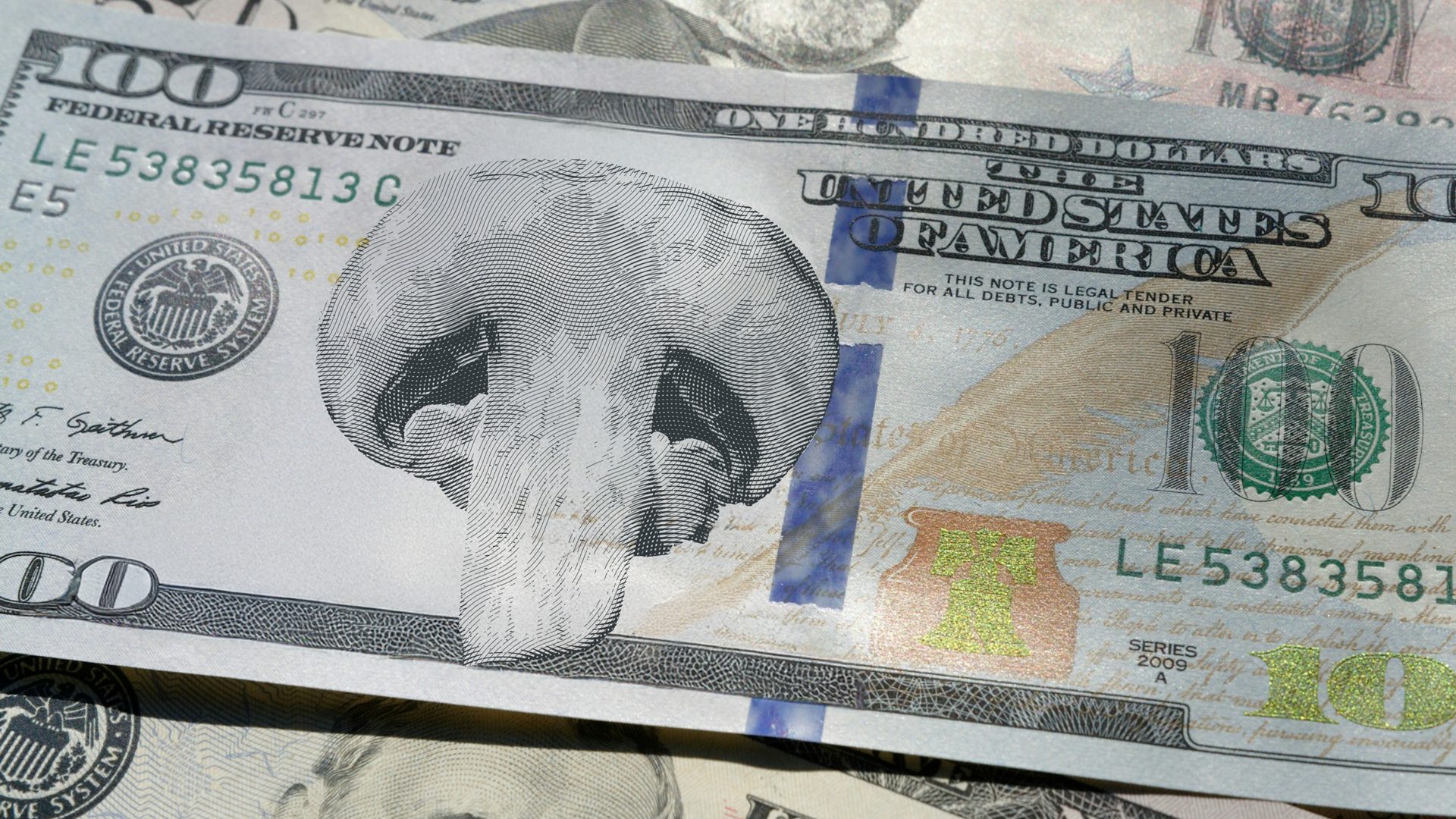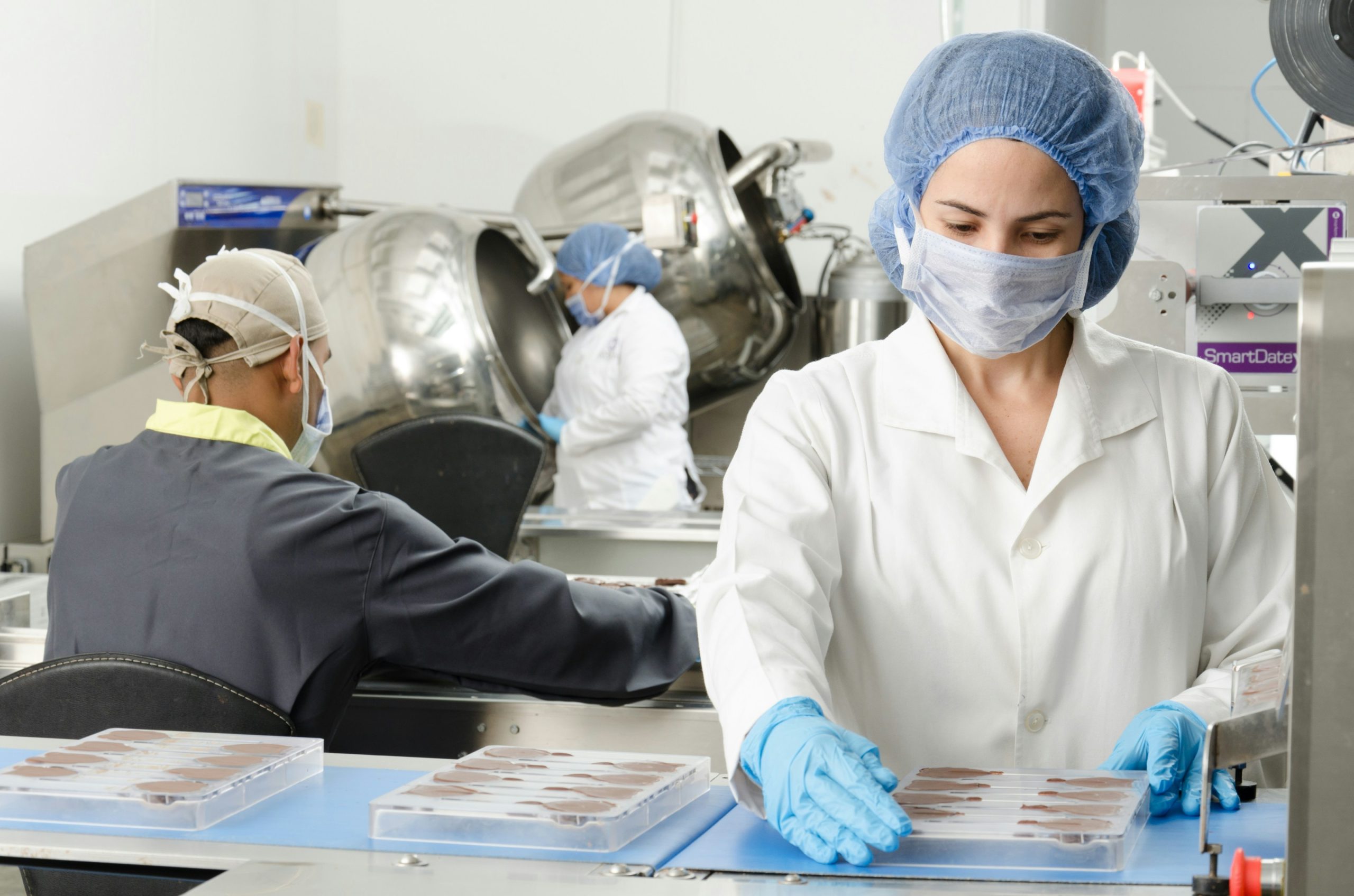Kroger may be more than a century old, but the venerable grocery store chain is taking a page from more recent upstarts and betting on e-commerce to keep it ticking long into the 21st century.
The nation’s largest supermarket operator announced recently it would expand its fulfillment centers to increase its delivery services, had reached $1 billion in annual sales for its Home Chef meal solutions brand, worked out a deal with Bed Bath & Beyond to increase its home, baby and wellness offerings, and began dabbling in health insurance, teaming with Anthem Blue Cross and Blue Shield to offer Medicare Advantage plans that include stipends for groceries.
Its latest expansion plans involve Florida, where it has invested millions to build mammoth fulfillment centers – Kroger calls them sheds – to become the top e-commerce player, taking on behemoths Publix, Walmart and Amazon. More than 900 people have been hired to further the effort, which will serve as a blueprint for other states. Next up are New York, New Jersey and Connecticut, but no timetable has been released.
ANSWERING CONSUMER DEMAND
The pandemic pushed consumers online for food, sundries and other items – and they found they liked the convenience provided by grocers like Kroger. Online grocery sales currently represent 12.3% of all grocery sales – $8 billion of $65 billion – compared to 1.8% before the pandemic, according to Brick Meets Click/Mercatus.
Kroger wants to take advantage of that.
ComfortableFood founder Ben Rayl called Kroger’s moves “genius.”
“First, it rightly saw the need to break into the emerging market of consumers who are opting to cook and eat more at home,” Rayl said. “The pandemic has had a couple of irreversible effects on a significant number of people. One, it introduced many people to the joy and practicality of preparing food at home. … Two, curbside delivery has become a normal way for people to get their food, and the logistics systems that companies put [in place] at the height of the pandemic have increased people’s trust in the model.”
Secondly, Rayl noted, Kroger’s subscription model makes shopping more practical for many consumers and paves the way for the creation of a community of brand loyalists.
“This is important because,” he added, “in the coming months and years, we are bound to see more major grocers emulating the Kroger move. Securing a core market through a subscription model allows Kroger to get a head start in the competition that will ensue.”
Kroger’s digital business doubled during the pandemic. Nasdaq noted (Nov. 10) Kroger shares have risen 32% this year for a market cap of more than $31 billion.
KROGER’S THOUGHT PROCESS
Kroger CEO Rodney McMullen told CNBC (Nov. 4) retailers in general need to stay ahead of the trends to survive.
“Once it’s obvious, it’s too late,” he said.
McMullen said the company decided to make Florida its test market because of the continued growth in the state. While overall U.S. population growth has slowed, Florida’s grew more than 14% between 2010 and 2020. What makes Florida an odd choice, however, is that Kroger, which has 2,800 stores nationally under various names, has just one store in the Sunshine State and no plans to open any others, banking instead on its home delivery service. The first of the fulfillment centers opened in Groveland, Florida, with spokes in Jacksonville and Tampa. Fees start at $6.95 per order.
Kroger also recently launched a new membership program, Kroger Boost, as part of its Kroger Plus loyalty program, rolling it out in Cincinnati, Atlanta, Indianapolis and Columbus, Ohio. For $59 annually, subscribers can receive free delivery within 24 hours, minimum $35 per order. For those who want their groceries within two hours, there’s a $99 subscription level. Fuel points are an added bonus, especially with gas prices soaring. Those who sign up also get a welcome kit worth $100.
Data from IRI shows Publix has 37% of Florida grocery sales and Walmart has 26%. Everyone else is in single digits or less. CNBC said Kroger plans to spend $1 billion to cover construction of 20 fulfillment centers across the country. Delivery driver pay starts at $19 an hour.
Meanwhile, Walmart isn’t sitting on its hands, either. The company plans to take on Kroger in South Carolina, building a 720,000-square-foot fulfillment center in Spartanburg County, slated to open in 2024, Chain Store Age reported (Oct. 19).











